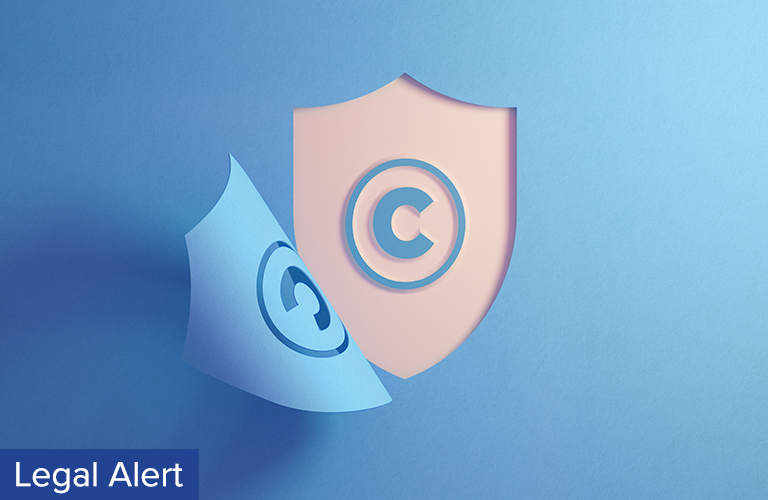
On April 27, 2020, the Supreme Court held in a 5-4 split decision that explanatory legal materials created by a legislative body cannot be protected by copyright. The background facts of this case are discussed in the January 29, 2020 article Can the State of Georgia Own a Copyright in its Official Code? by Elizabeth Borland.
In Georgia v. Public.Resource,Org, Inc., Case No. 18-1150 (April 27, 2020), Chief Justice Roberts delivered the opinion for the Court and was joined by Justices Kagan, Sotomayor, Gorsuch and Kavanaugh to form an unusual majority. The Court first determined that the case was controlled by the government edicts doctrine, a doctrine which was initially applied to legal opinions written by judges. Under this doctrine, “[b]ecause judges are vested with the authority to make and interpret the law, they cannot be the ‘author’ of the works they prepare ‘in the discharge of their judicial duties’” whether those works consist of legal case opinions or headnotes and syllabi for those opinions. Id. at 7. This rule was subsequently applied to legislators such that the doctrine “bars the officials responsible for creating the law from being considered the ‘authors’ of ‘whatever work they perform in their capacity’ as lawmakers.” Id. at 8 (emphasis in original). Thus, the doctrine prohibits legislators from being the “authors” of not only final legislation, but also explanatory and procedural materials created by legislators in the discharge of their legislative duties. Therefore, “in the same way that judges cannot be the authors of their headnotes and syllabi, legislators cannot be the authors of (for example) their floor statements, committee reports, and proposed bills.” Id. at 9. As Justice Roberts noted, “These materials are part of the ‘whole work done by [legislators],’ so they must be ‘free for publication to all.’” Id.
The Court then determined that the Georgia legislature was the ultimate author of explanatory legal materials. Although a private company created the legal materials under a contract with Georgia’s Code Revision Commission, the contract was a work-for-hire agreement. Thus, under the Copyright Act, the Commission is legally deemed to be the sole author of work. Id. at 12. In addition, the Court found that the Commission functions as an arm of the Georgia Legislature, and was formed and is funded by the Legislature for the purpose of creating the annotations to the Georgia Code. Moreover, the annotations are approved by and merged into the Official Code by the Legislature. Thus, the Commission, acting with legislative authority, is the author of the annotations and the Code. Id. 12-14.
The Court next determined that the annotations were created by the Commission in the “discharge” of its legislative “duties.” The Georgia Supreme Court had previously held that the preparation of annotations is an act of “legislative authority.” Id. at 10-11. That the annotations were not authoritative explanations, but merely provided commentary to help one understand the laws, did not remove the creation of annotations from the exercise of legislative duty by the Commission and the Georgia Legislature. Therefore, the government edicts doctrine applies to the annotations in the Georgia Official Code, and the Court held that such annotations are not copyrightable. Id. at 11.
Justice Thomas, joined by Justice Alito and by Justice Breyer (in part), submitted a dissenting opinion. They opined that the annotations at issue were analogous to the annotations created by private entities, and that the Copyright Act did not preclude the annotations from being copyrightable. Id. at 10-11. Justice Thomas, joined by Justice Alito, also opined his concern that States may cease providing any annotations for their statutes as a result of the Court’s holding, and chastised the majority for not providing clear guidance on how a State could claim copyright protection in annotations to statutes. Id. at 16-17.
Justice Ginsberg, joined by Justice Breyer, also submitted a dissenting opinion. Justice Ginsberg opined that drafting commentary for statutes was not done in “a legislator’s law-shaping capacity” and that therefore, the annotations to the Official Georgia Code were copyrightable. Id. at 40-42.
The full opinion is available at https://www.supremecourt.gov/opinions/19pdf/18-1150_7m58.pdf.

